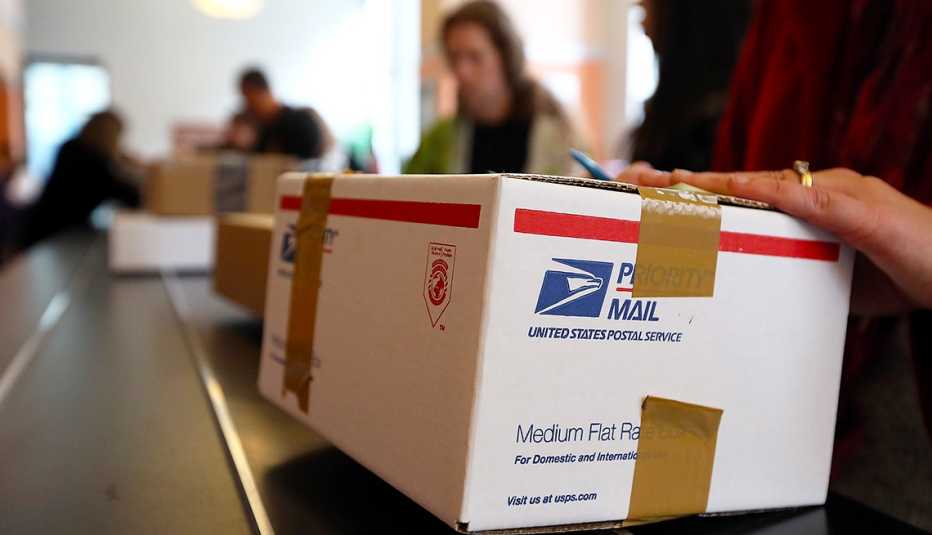Staying Fit
You may have heard about the rocketing value of the U.S. dollar on the international currency exchanges. Unless you’re a foreign exchange dealer, you probably don’t give it too much thought. Perhaps you should. The greenback is the default international medium of exchange, no matter what cryptocurrency traders say. Oil is traded in dollars, for example, and some countries, such as Saudi Arabia, peg their currencies to the dollar.
Why is the dollar so strong? Despite rising inflation and a falling stock market, the U.S. economy is still the largest in the world, with gross domestic product (GDP) weighing in at close to $23 trillion, according to the World Bank. China, the second-largest country by GDP, trails by more than $5 trillion at $17.7 trillion, and Japan, the third-largest, comes in at $5 trillion.


AARP Membership— $12 for your first year when you sign up for Automatic Renewal
Get instant access to members-only products and hundreds of discounts, a free second membership, and a subscription to AARP the Magazine.
Compared with the rest of the world, the U.S. offers temptingly high yields, and money flows to those high yields, boosting the dollar’s value. A 10-year Treasury note yields 3.83 percent, which may not sound like much. In Germany, however, a 10-year government note yields 2.09 percent. In Japan, 10-year government debt yields 0.24 percent.
Finally, the U.S. dollar is backed by the full faith and credit of the United States government, and the U.S. has never defaulted on its debt.
With all that in mind, here are four ways the booming buck affects you and your finances.
1. It’s cheaper to travel abroad.
Visiting another country has extra benefits, aside from basking on the French Riviera or quaffing pints of beer in the United Kingdom. A year ago, you needed $1.16 to buy a euro, the currency of 19 European nations (Austria, Belgium, Cyprus, Estonia, Finland, France, Germany, Greece, Ireland, Italy, Latvia, Lithuania, Luxembourg, Malta, the Netherlands, Portugal, Slovakia, Slovenia and Spain). On Oct. 7, it cost 98 cents to buy a euro, meaning that a 100-euro purchase today is $18 cheaper than it was a year ago.







































































